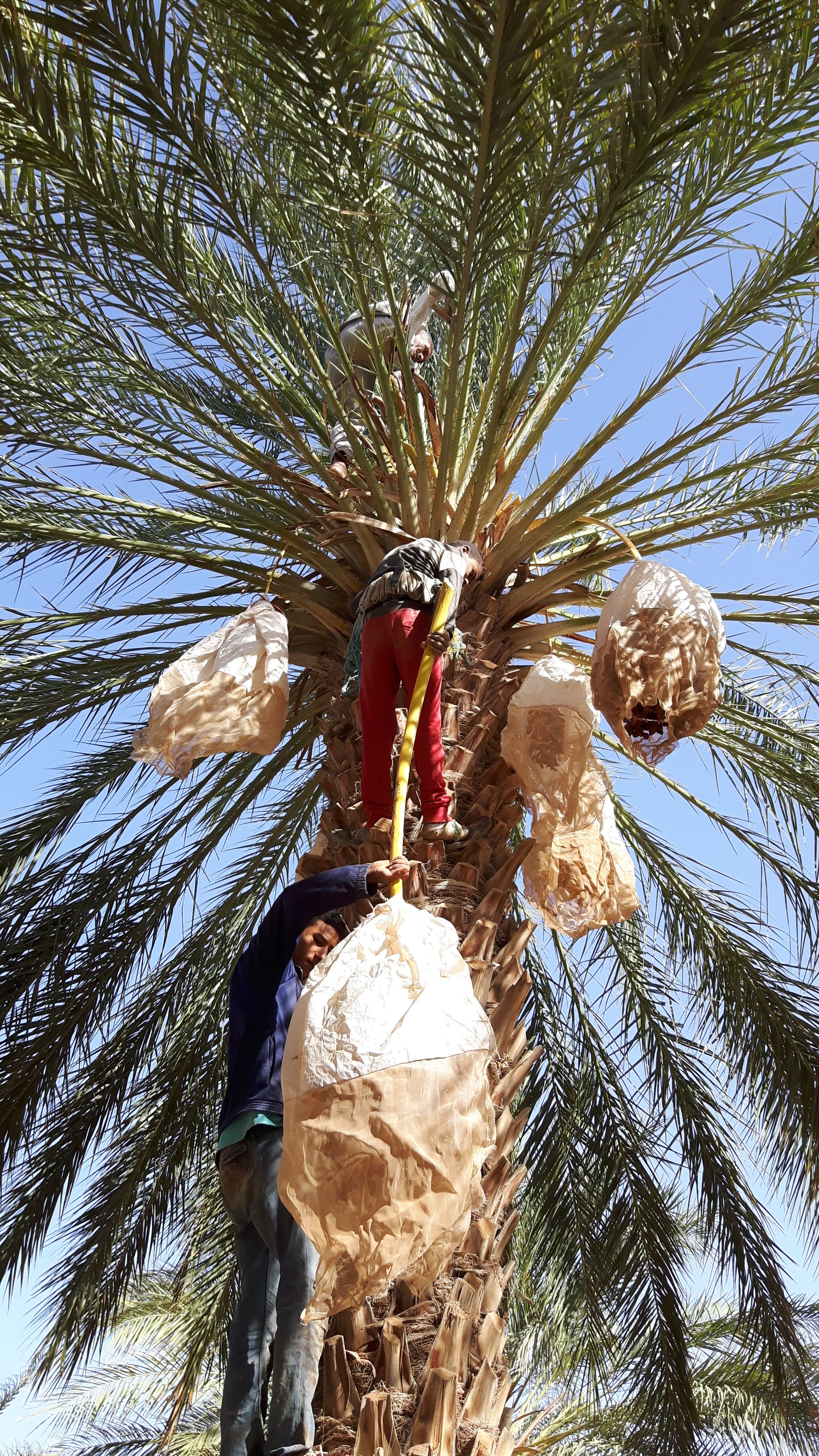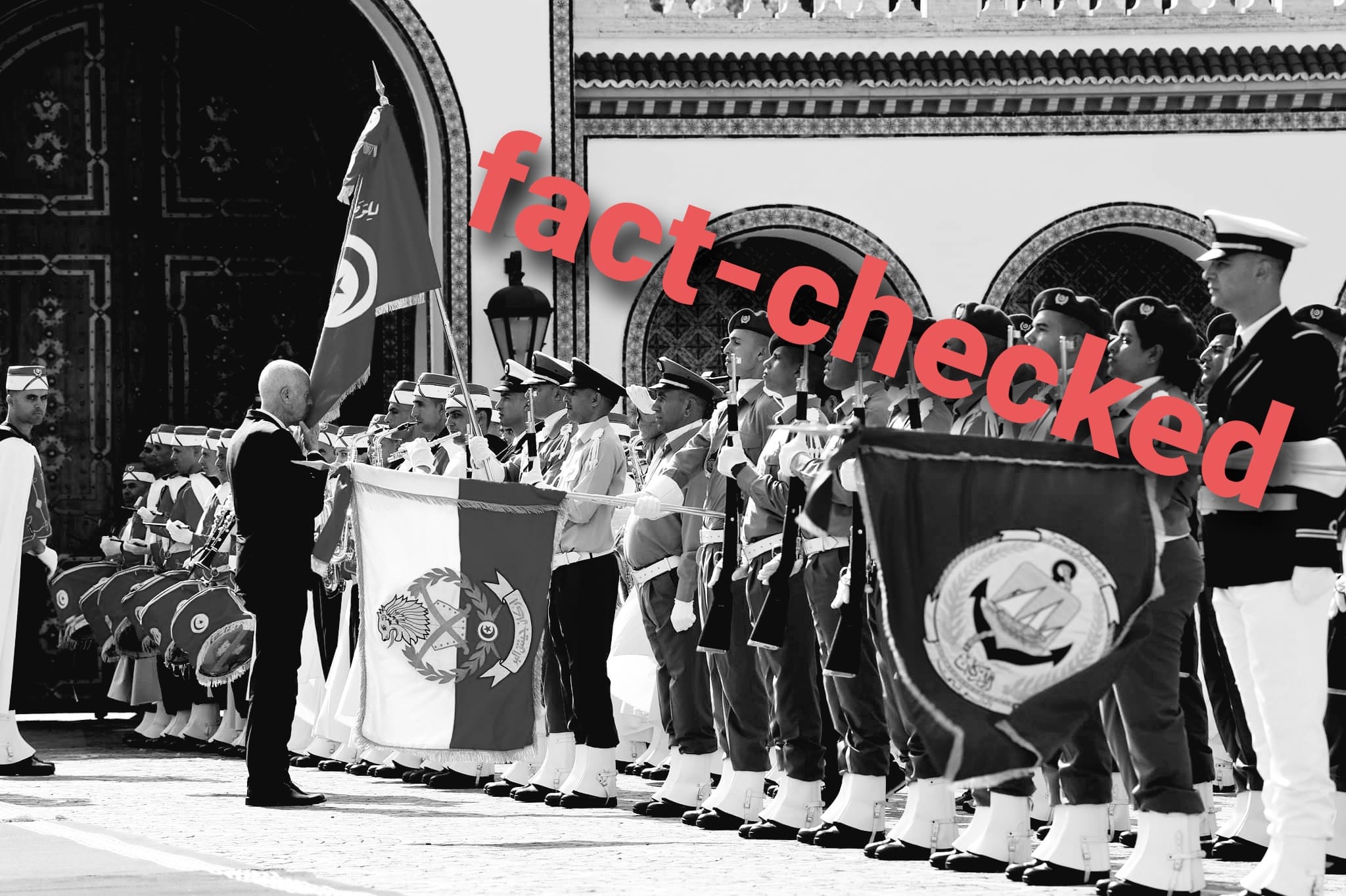Contents
For the inhabitants of Jemna, making the revolution is synonymous to land reappropriation. On January 12th of 2011, two days before the escape of Ben Ali, the villagers already saw the end of the regime. And while awaiting its final collapse, they took hold of a palm grove, a State’s “private property”, whose exploitation was assigned to investors, close to the family of the former dictator. In this village, at 600 Km of Tunis, the Association for the Protection of Jemna’s Oases is created and manages the exploitation of the farm. In five years, the revenues of the grove exploded. It yielded 1.7 million dinars (more than 700,000€) as turnover in the 2016/2017 agricultural season.
The local impact of the initiative is undeniable: the number of employees increased from 6 to 150 fixed and seasonal workers. The NGO did not stop there: it planted 2000 date palms, purchased an ambulance, built teaching rooms at the local school and a sports center for the youth of the village, bought technology equipment for the national guards, gave grants to cultural NGOs… A rich outcome for five years of activity. Yet, the NGO saw its bank account frozen by the State, which claims back its property. An arm wrestling situation which persists for a few months now.
“The law is against us, but reason proves us right” says Ibrahim Khammar in literary Arabic, as if stating an obvious fact.
But it is difficult to weigh in the front of Justice, when your opponent is… the State. On September 15th, the tribunal of first instance in Kebili canceled the organization of a public auction to sell the harvest.
The auction was pushed back several times, but finally took place on October 9th, in presence of the some members of parliament, from opposition and majority blocks.
“We have always been sidelined… There’s no way to come to begging the state for anything…” said Taher Ettahri, president of the association, and retired French professor, a white-bearded man clearly imbued by the left-wing thinking of the 1970s.
“For they should let us work!” For this local Amnesty representative, the land belongs to the ancestors of the people of Jemna. But Taher remains realistic. In the current situation of the association, they should at least allow us to lease the farm!”
The request to normalize the situation of the association has been clearly formulated to the ministries of concern. Since the beginning of October, an exit way from the crisis was mentioned: paying the benefits from the harvest sale – 1.7 million dinars – to the account of deposits, after the settlement of charges for past and current years. The end of the crisis looked close and the optimism at its top. But all of a sudden, the State symbolically quits the negotiation table, without notice, and freezes the accounts of both the buyer and the association.
Frustration and a feeling of injustice
“We should receive distinctions and honors for this achievement” launches Taher Ettahri, outraged. Tunisia should put decentralization in place as stipulated by the 2014 constitution. And we are a laboratory of social and solidarity economy, of decentralized management… it is a unique experience from which lawmakers should draw inspiration.” he added.
Frame: ‘The coloniser’s farm’
In Jemna for example, this land is called by the name of its former owners: ‘The coloniser’s farm’ of ‘the farm of STIL’ as if it never was theirs. the appellation embodies a shadowy lapse of the Tunisian history. Under Benali, the farm was leased to two business man, close to the regime, for a annual salary of 80,000 dinars (35,000 Euros), but their turnover was not made public. Before that, the State used to lease the farm to the STIL (Tunisian Company of Milk Industry), a company that rallies a number of elites of the Bourguiba regime. The company ended up by going bankrupt. To be able to lease these lands, the State gave up on the economic model of cooperatives, which consisted in the collectivization of land, a socialist step that was taken in the aftermath of the decision of the agrarian evacuation in 1964. It lasted 10 years.
The new independent state decided to ‘Tunicify’ its land, and they bought it back from colonizers. Before the colonization, the inhabitants of Jemna used these lands for subsistence agriculture. Going back even further in history, at the end of the 19th century, Tunisia was a kingdom that had gained autonomy from the Ottoman Empire. The land belonged to the Bey, while Tunisians were subjects and not citizens. These lands were then ‘given’ to the French who wanted to dislocate and come to Tunisia. This is how far in time we need to go back in order to find the point where the inhabitant of the region could work the land and directly extract benefit from it.






